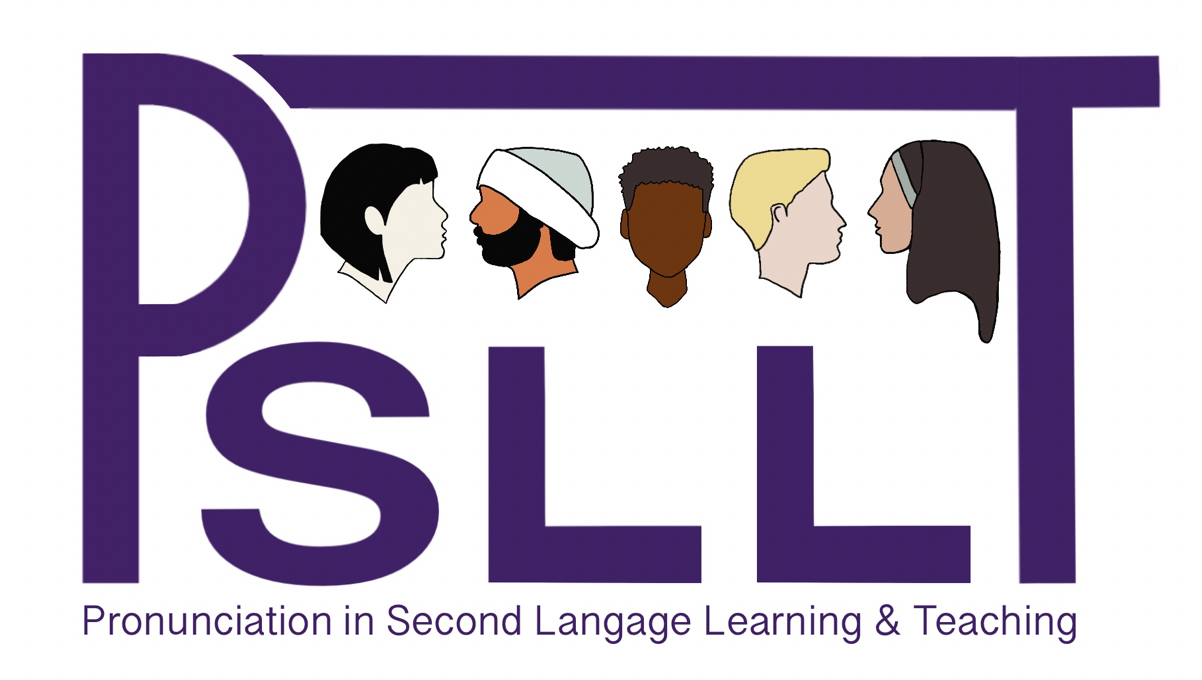Faster and Less Clear L2 Speech With More Errors During a Verbal Working Memory Task but Not During a Spatial Task
- Ogyoung Lee (Seoul National University)
- Hyunkee Ahn (Seoul National University)
Abstract
The present study tested a prediction, derived from the hypothesis of phonological-phonetic encoding, that speech planning and production is dependent on verbal working memory. We addressed whether overloading working memory impairs L2 speech production, specifically the sequencing and articulation of sound. Twenty Korean L2 learners of Englishspokethirty-two English sentences during a verbal and spatial working memory task and the same sentences under a control no-load condition. In the load conditions, speakers were engaged in a task that taxed either verbal or spatial working memory while speaking. In the control condition, they completed mathematical equations before speaking and thus had no additional load while speaking. The results showed the L2 learners were disrupted by the verbal working memory task during speech production. They made more speech errors, spoke faster, produced less variable word durations, and articulated vowels less distinctively. They were distracted during the spatial task, making more errors, but the prosodyremained intact. The results suggestthat, contrary to L1 speech production (Lee & Redford, 2015), L2 speech production depends more on activeencoding of phonological-phonetic information via verbal working memory than on direct retrievalfrom remembered articulatory templates.A speech production model is proposed for L1 vs. L2.
How to Cite:
Lee, O. & Ahn, H., (2019) “Faster and Less Clear L2 Speech With More Errors During a Verbal Working Memory Task but Not During a Spatial Task”, Pronunciation in Second Language Learning and Teaching Proceedings 11(1).
Downloads:
Download PDF
View PDF
